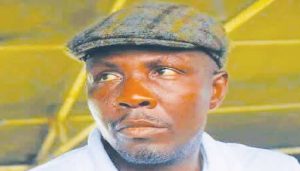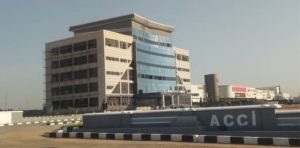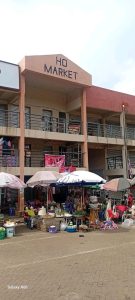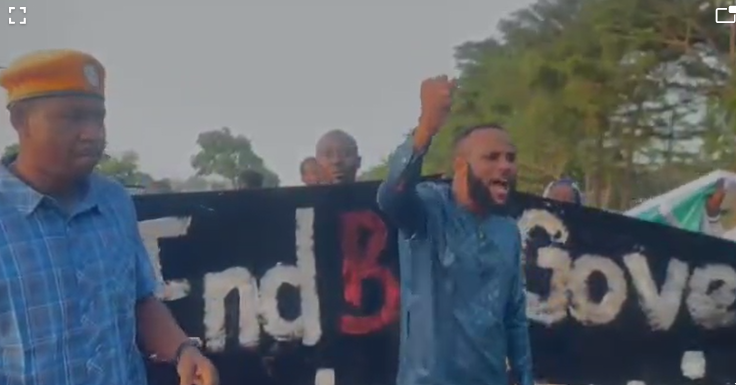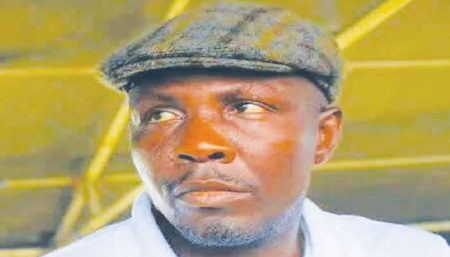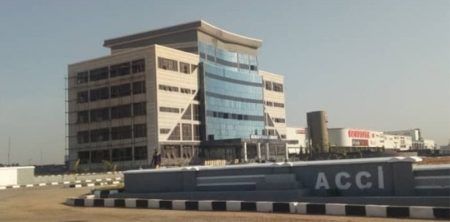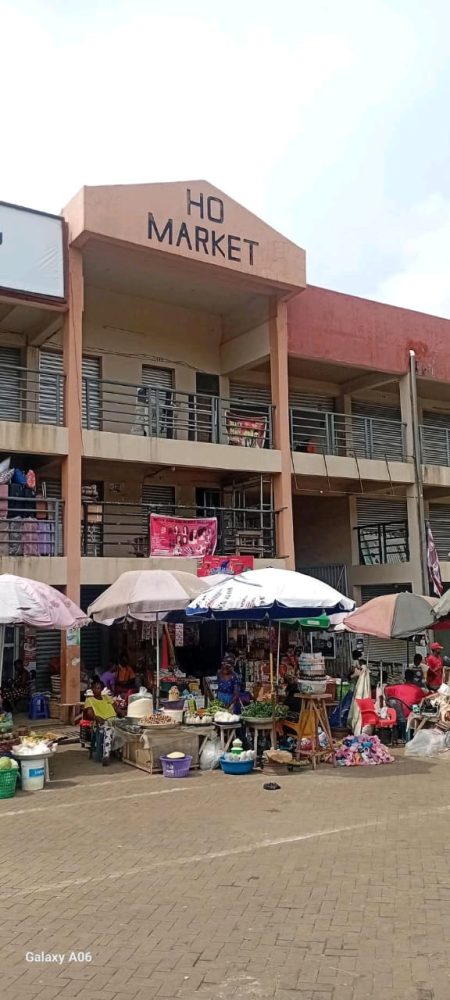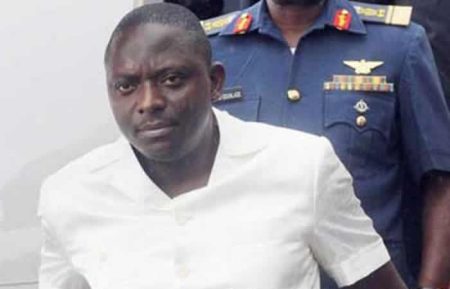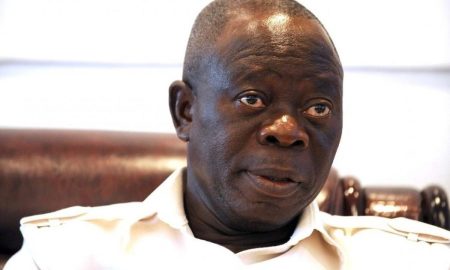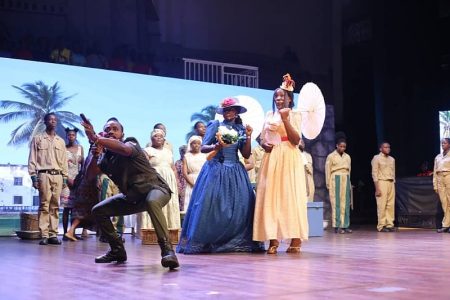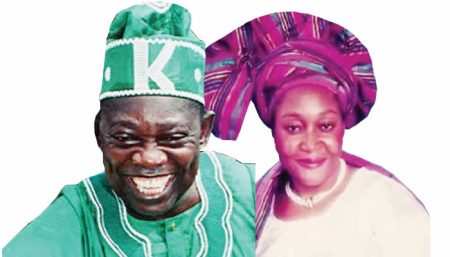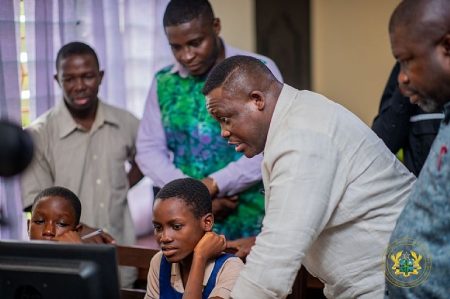Paragraph 1: The Genesis of the Protest
The streets of Akure, the Ondo State capital, bore witness to a demonstration against bad governance and for democratic participation on a Thursday. Leading the charge was Mr. Omoyele Sowore, a former presidential candidate of the African Action Congress (AAC), and a prominent voice in Nigerian socio-political discourse. The protest, organized by a group advocating for good governance, sought to raise public awareness about the rights of citizens to engage in peaceful demonstrations and to express their discontent against perceived government shortcomings. This demonstration stemmed from the belief that citizens have a fundamental right to participate in shaping the political landscape of their nation.
Paragraph 2: Ensuring Legal Compliance and Notification
Prior to the protest, the organizers, mindful of the legal framework governing public assemblies, took the proactive step of formally notifying the authorities. A letter was dispatched to the Commissioner of Police, Mr. Wilfred Afolabi, outlining the intention to hold a peaceful protest and reminding the police of their constitutional duty to protect participants. This notification was not intended as a request for permission, but rather as a communication designed to ensure transparency and cooperation with law enforcement. The organizers aimed to preempt any potential misunderstandings or clashes by clearly stating their intentions and invoking the legal protections afforded to peaceful assemblies.
Paragraph 3: Allegations of Police Complicity and Thuggish Disruption
Despite the prior notification and the peaceful nature of the protest, the demonstrators’ efforts were met with unexpected resistance. Mr. Sowore alleged that the protest was disrupted by a group of thugs, accusing the police of not only failing to protect the protesters but also of complicity in the disruption. He expressed his dismay that despite formal communication, the police had seemingly abdicated their responsibility to safeguard the participants. The alleged involvement of thugs raised serious concerns about the safety of protesters and the potential for violence to derail legitimate expressions of dissent.
Paragraph 4: Sowore’s Condemnation and Resolve
Mr. Sowore vehemently condemned the alleged police inaction and the actions of the suspected thugs. He reiterated the fundamental right of Nigerian citizens to express their views freely, regardless of their social standing or profession. His resolute stance against the alleged oppression underscored his commitment to advocating for the rights of all citizens, even those who may be critical of the police or other authorities. He vowed to continue challenging any attempts to stifle peaceful protests and restrict freedom of expression, highlighting the importance of these rights in a democratic society.
Paragraph 5: Corroboration and Police Response
Further corroboration of the preemptive notification to the police came from human rights activist Mr. Tope Temokun, who confirmed that a formal request for police protection during the protest had been submitted. This reinforced the organizers’ claims of due diligence and prior communication with law enforcement. In response to the allegations, Commissioner of Police Afolabi denied any police involvement with the alleged thugs and emphasized that officers under his command were prohibited from associating with such individuals. He asserted that the accusations of police complicity were baseless and contradicted the training and professional standards of the police force.
Paragraph 6: The Aftermath and Lingering Questions
The protest in Akure brought to light the complex interplay between the right to peaceful assembly, the responsibilities of law enforcement, and the potential for violence to disrupt legitimate expressions of dissent. The conflicting accounts of the events raised several questions: Did the police indeed fail in their duty to protect the protesters? Were thugs involved in disrupting the demonstration, and if so, at whose behest? The incident underscores the need for thorough investigations into such allegations to ensure accountability and protect the fundamental right to peaceful protest in Nigeria. The ongoing dialogue between activists, authorities, and citizens regarding the balance between freedom of expression and maintaining order will continue to shape the landscape of democratic participation in the nation.


